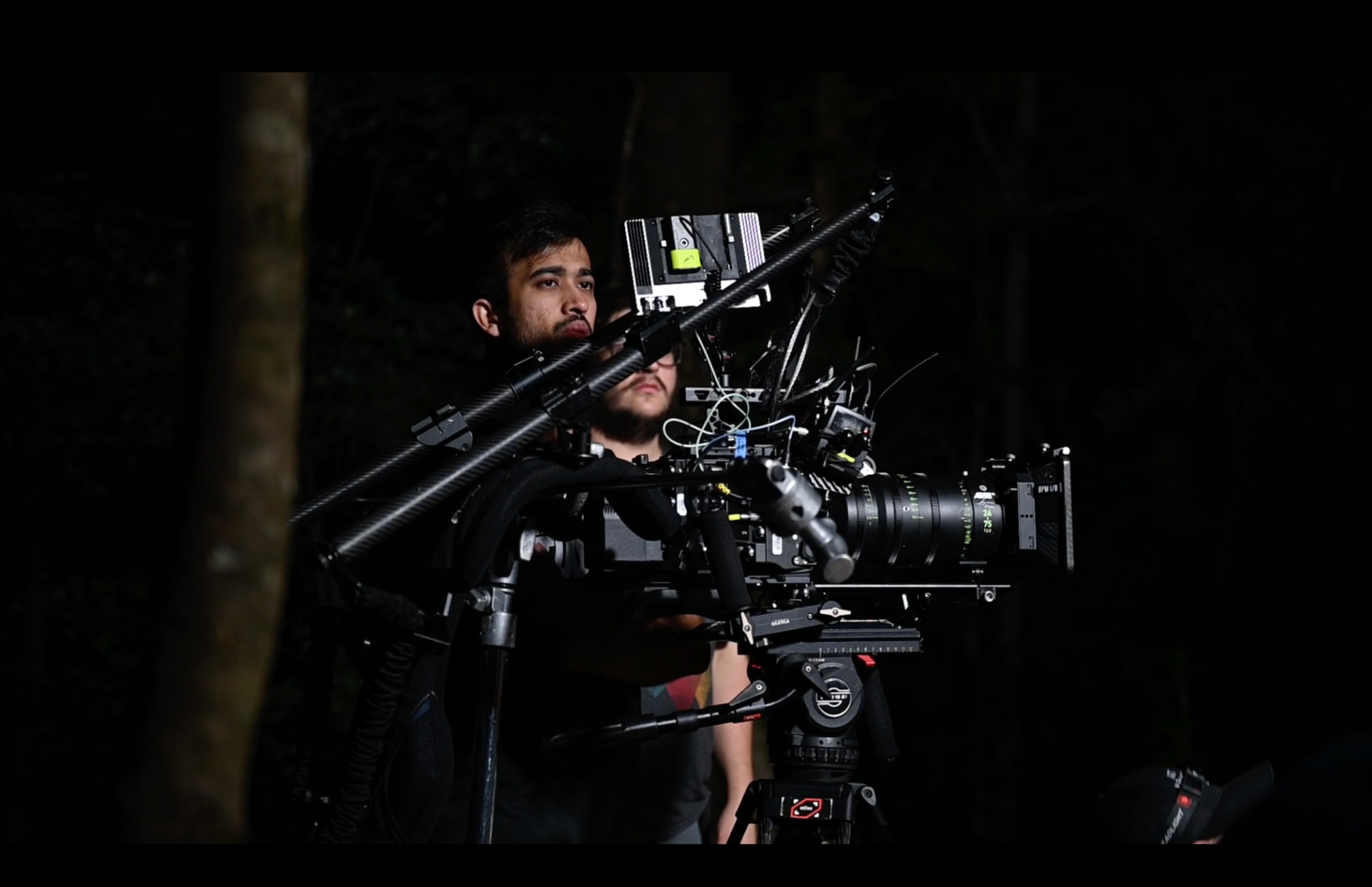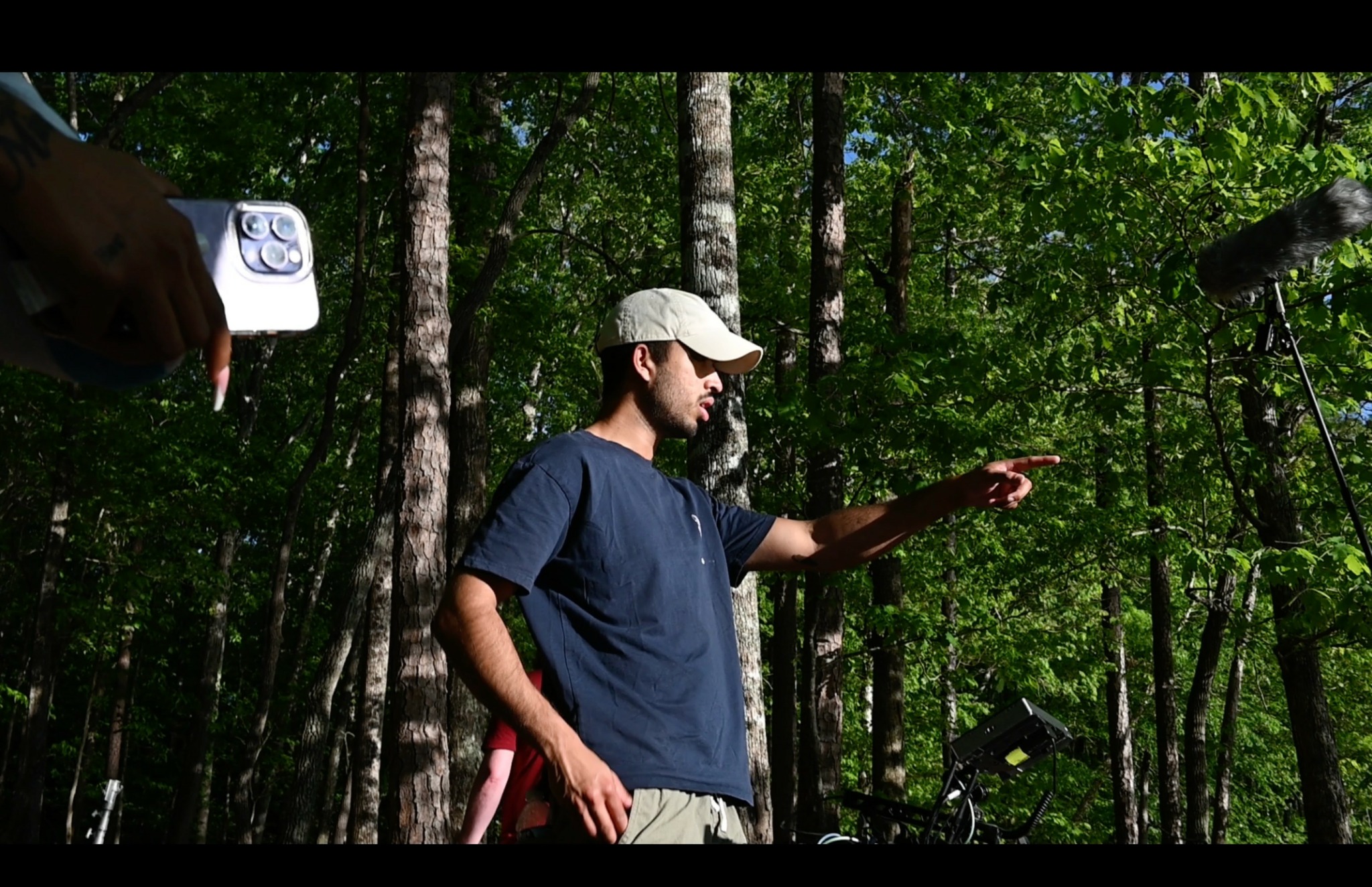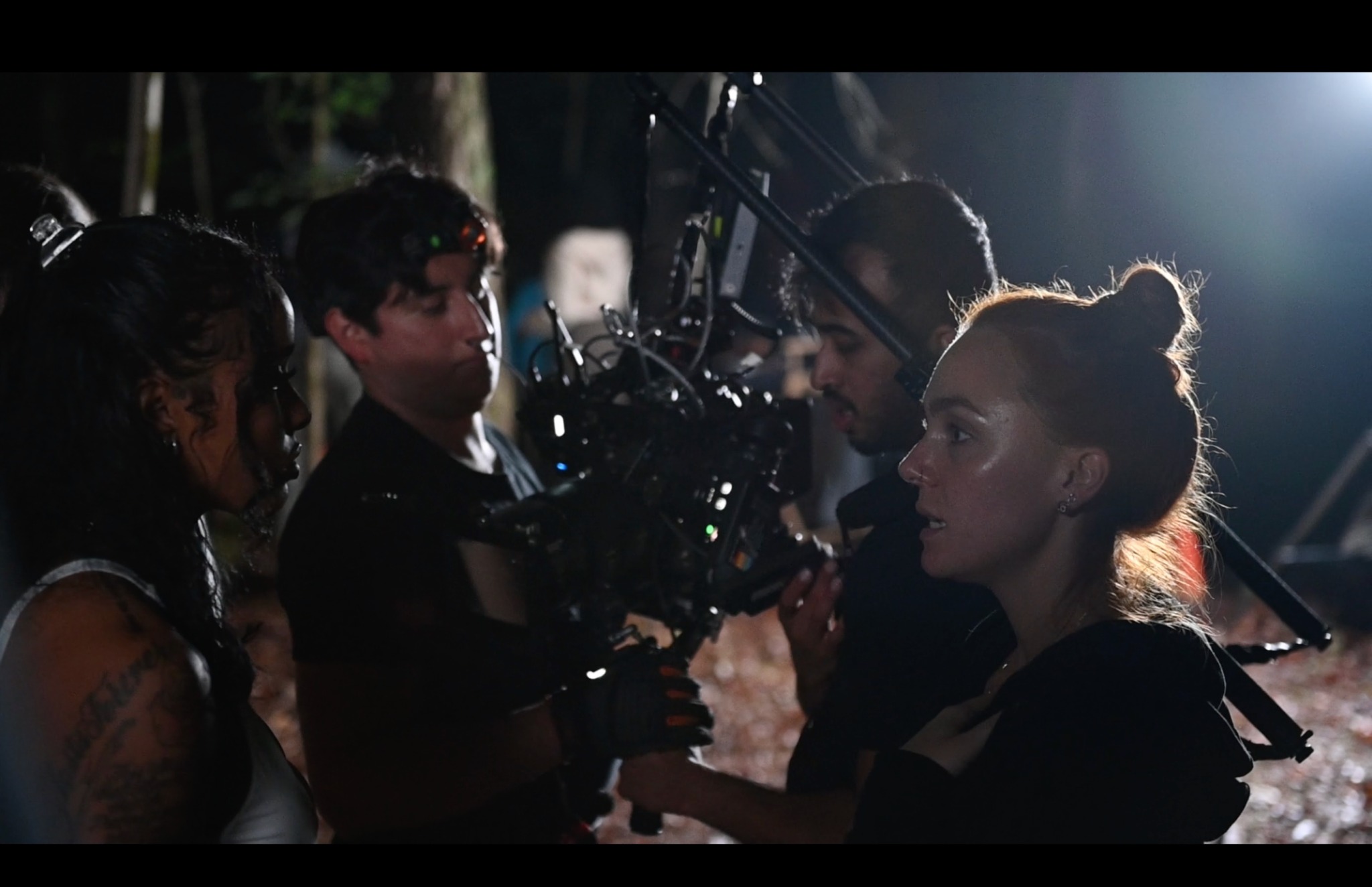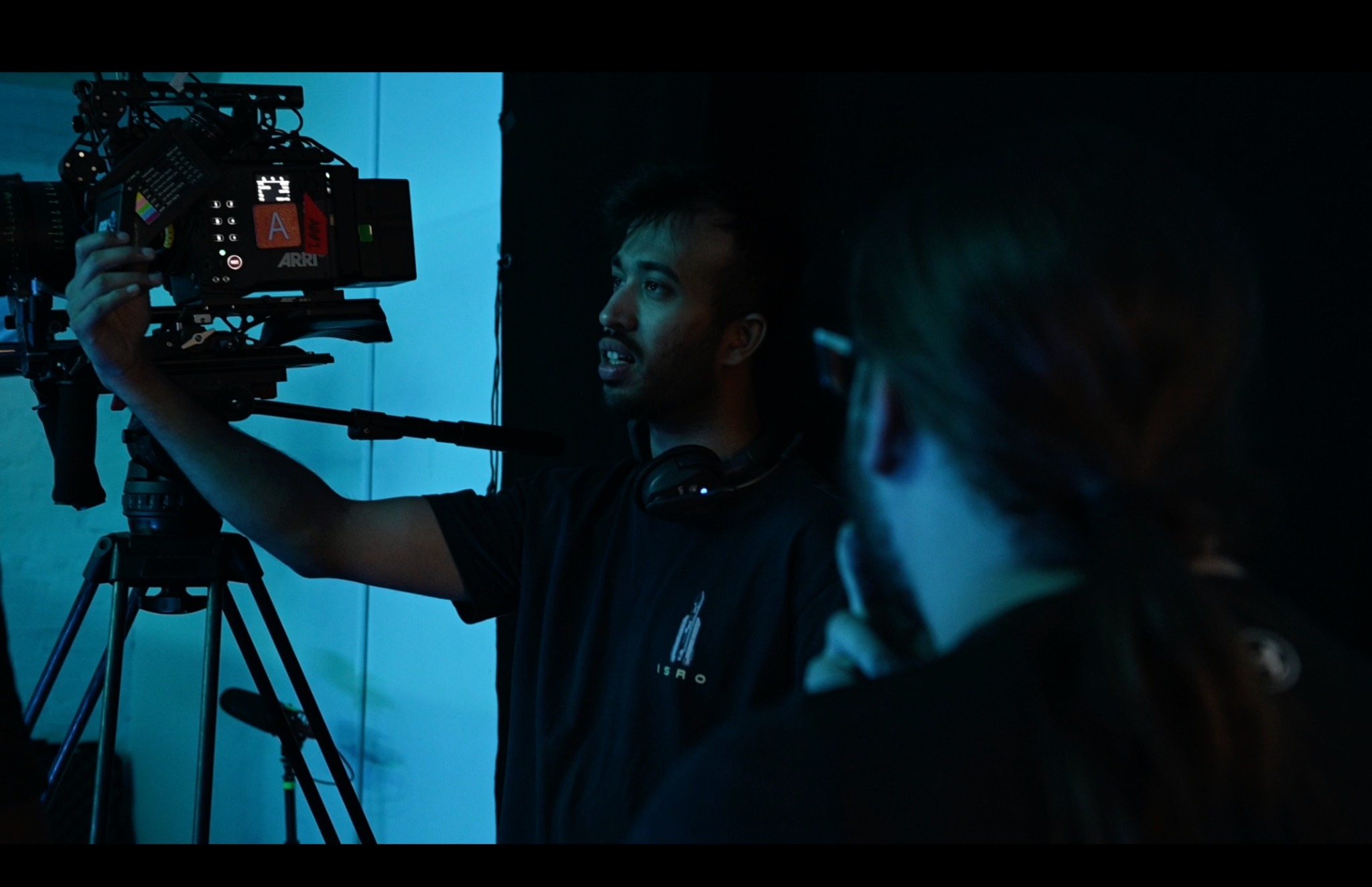Alright – so today we’ve got the honor of introducing you to Shaman Harsha. We think you’ll enjoy our conversation, we’ve shared it below.
Hi Shaman, thanks for joining us today. We’d love to hear about when you first realized that you wanted to pursue a creative path professionally.
Until I was 16, I was convinced I’d end up building robots. I had chosen Science in 11th grade, planning for a career in engineering, something structured, logical, and grounded. But around that same time, my dad, who has always had a quiet love for photography, brought home a new Sigma zoom lens for his SLR. I still remember holding it for the first time, the way the world shifted when I looked through the viewfinder. Everything felt more alive, more composed, more intentional.
I started taking pictures just for fun, but it quickly became something more. I was drawn to how photography, and later cinematography, blends precision with intuition, a perfect balance of technical detail and creative storytelling. What began as a fascination with a lens slowly evolved into a way of seeing the world and I realized I no longer wanted to build machines. I wanted to create images that made people feel something. That moment was the pivot, subtle, but irreversible where I knew I had found something worth pursuing for life.

Great, appreciate you sharing that with us. Before we ask you to share more of your insights, can you take a moment to introduce yourself and how you got to where you are today to our readers.
Hi, I’m Shaman Harsha, a cinematographer based in Los Angeles, originally from Mumbai, a city deeply rooted in cinema and one of the largest producers of film in the world. Growing up, I was always surrounded by storytelling in some form. I didn’t immediately know I’d end up working in film, but I was fascinated by its power, how it can shift emotion, perspective, and mood with just light and movement.
In many ways, I’m a blend of both my parents. My mother is an artist who paints and sculpts and creates artwork, while my father, a software engineer, has always been passionate about photography and filming. Cinematography, with its mix of creativity and technical precision, felt like the natural intersection of both worlds for me.
I studied film in Mumbai and later pursued my Master’s degree in Los Angeles, which gave me the confidence and exposure to step fully into the industry. Since then, I’ve worked across commercials, corporate films, music videos, and two feature films that were released theatrically both in US and internationally.
I’ve had the opportunity to work on projects with a wide range of budgets, and one of the things I pride myself on is my ability to stay calm under pressure. The nature of filmmaking means things often change at the last minute, and having a clear, grounded approach helps me make smart decisions quickly. I also believe in heavy pre-production, planning meticulously so the production itself flows smoothly and efficiently.
What I hope to offer my clients is not just strong visuals, but a collaborative process, one where I help bring their vision to life in the best way possible. At the end of the day, my job is to support the story and elevate it with intention and craft.

For you, what’s the most rewarding aspect of being a creative?
I realized this recently while on a trip with a friend. I was spending a lot of time setting up and waiting for the perfect shot, and my friend casually asked, “What do you even do with all these photos and videos?” That question stuck with me. I thought about it and realized, I don’t share most of them. Maybe just a few. But what I truly love is the process itself, the waiting, the planning, the quiet focus it takes to capture something just right.
For me, the most rewarding aspect of filmmaking is that process, being completely present and immersed in the moment, translating a feeling or atmosphere into visuals. It’s not always about the final image; it’s about the journey of getting there. That’s where the magic is.

What can society do to ensure an environment that’s helpful to artists and creatives?
I think the most meaningful way society can support artists and creatives is by recognizing the value of creative work not just as entertainment, but as a vital part of how we process the world, build empathy, and connect with one another. That starts with fair compensation, funding opportunities, and access to resources especially for emerging and independent artists who often don’t have industry connections or financial backing.
We also need more spaces, physical and digital, where creatives can collaborate, experiment, fail, and grow without the pressure of constant commercial success. And as a culture, we can do better by simply engaging with art more deeply, not just consuming content passively, but asking questions, giving feedback, and showing up for the people who make it.
Ultimately, a thriving creative ecosystem is one that values time, process, and imagination and gives artists the freedom to take risks and tell stories that might not otherwise be heard.
Contact Info:
- Website: https://www.shamanharsha.com
- Instagram: https://www.instagram.com/shamanharsha/?hl=en
- Linkedin: https://www.linkedin.com/in/shamanharsha





